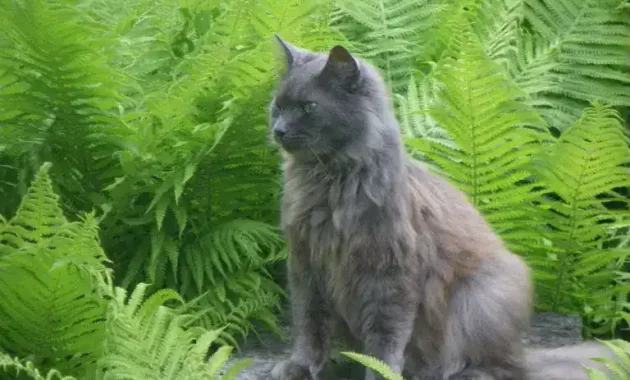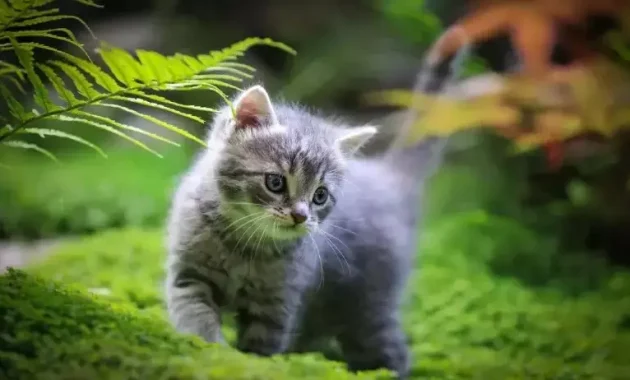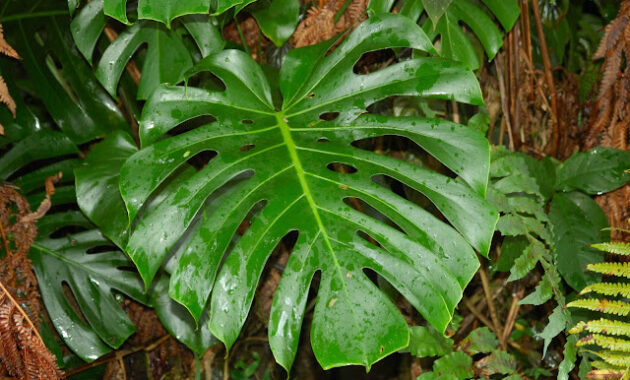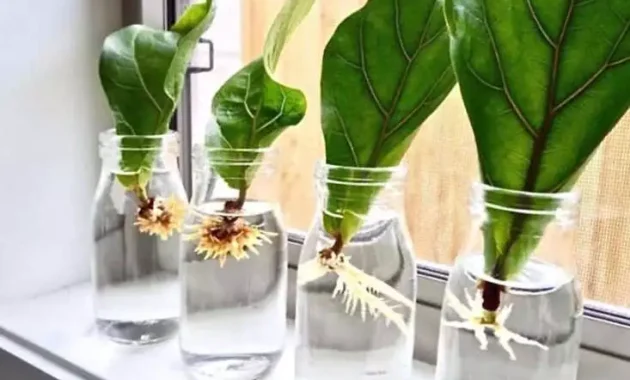Boston ferns are popular houseplants known for their lush foliage and air-purifying properties. However, as a cat owner, it’s important to be aware of the potential risks associated with these plants. While Boston ferns are not considered highly toxic to cats, they can still cause gastrointestinal discomfort and other symptoms if ingested in large quantities.
In this section, we will explore the potential toxicity of Boston ferns for cats and provide tips on how to safely care for these plants in a cat-friendly home. By understanding the risks and taking appropriate precautions, you can create a pet-friendly environment that includes beautiful and non-toxic houseplants.
Key Takeaways:
- Boston ferns are not highly toxic to cats but can cause gastrointestinal discomfort if ingested in large quantities.
- Cat owners should be aware of the potential risks associated with Boston ferns and take appropriate precautions.
- Alternative houseplants that are safe for cats include non-toxic ferns and other pet-friendly options.
- Caring for Boston ferns in a cat-friendly home involves proper placement, watering, and maintenance.

Understanding Boston Fern Toxicity in Cats
Boston ferns are a popular houseplant for their lush foliage and attractive appearance. However, they may pose a potential danger to your feline friends. As a responsible pet owner, it is important to be aware of the potential toxicity of certain plants, including the Boston fern.
Toxic plants for cats can cause a range of symptoms, from mild irritation to serious illness. Boston ferns contain chemical compounds that have been known to cause gastrointestinal upset in cats. Vomiting, diarrhea, and loss of appetite are some of the most common symptoms associated with ingestion.
If you suspect that your cat has ingested any part of a Boston fern, it is important to seek veterinary attention immediately. Delaying treatment can lead to more serious complications and even death in severe cases.
“As a responsible pet owner, it is important to be aware of the potential toxicity of certain plants, including the Boston fern.”
Prevention is key when it comes to keeping your cat safe from toxic plants. Consider opting for cat-safe houseplants that are non-toxic and will not pose a potential risk to your feline friends.
However, if you do choose to keep Boston ferns in your home, take extra precautions to ensure your pet’s safety. Keep the plant out of reach and consider placing it in a location that is not easily accessible to your cat.
Regularly inspect your Boston fern for any signs of damage or wilting, as cats may be more likely to ingest the plant if it appears distressed or damaged.
Overall, understanding the potential toxicity of Boston ferns and taking appropriate precautions can help you create a safe and pet-friendly indoor environment.

Cat-Safe Houseplants: Alternative Options to Boston Ferns
While Boston ferns can be a beautiful addition to your home, it’s important to prioritize the safety of your feline friends. Fortunately, there are many other cat-safe houseplant options to choose from.
Ferns are a great alternative to Boston ferns, with many varieties that are non-toxic to cats, including:
- Maidenhair fern
- Rabbit foot fern
- Staghorn fern
- Button fern
Other pet-friendly plant options include:
- Spider plant
- Parlor palm
- Bamboo palm
- Cast iron plant
Remember, even with cat-safe plants, it’s important to supervise your pets around any houseplants and keep them out of reach.
Tips for Boston Fern Care in a Cat-Friendly Home
Creating a safe and enjoyable home environment for both your Boston fern and your cat is important for their wellbeing. Here are some tips for Boston fern care in a cat-friendly home:
Placement
When placing your Boston fern, it is important to consider your cat’s access to the plant. Hanging baskets or placing the fern on a high shelf can keep it out of reach of curious felines.
Tip: If you have multiple cats, ensure that none of them can team up to reach the plant by jumping on furniture.
Watering
Boston ferns require consistent watering to maintain their health. Ensure that the soil is moist and mist the leaves occasionally. Avoid overwatering as it can lead to root rot, which can be harmful to your fern.
Tip: Use a saucer under the pot to avoid water spills, which can attract your cat’s attention and curiosity.
Maintenance
Boston ferns can accumulate dust on their leaves, which can block sunlight and hinder their growth. Wipe the leaves with a damp cloth to keep them clean and healthy. Additionally, trimming dead or yellowing fronds can help the plant conserve energy and promote new growth.
Tip: When trimming the plant, ensure you do not leave any sharp edges that can injure your cat.
By following these tips, you can ensure the safety of your feline companion while enjoying the beauty and benefits of your Boston fern.
Conclusion: Prioritizing Pet Safety with Boston Ferns
When it comes to creating a pet-friendly home environment, it is important to prioritize your furry friends’ safety. This includes carefully selecting houseplants that are non-toxic for cats.
As we discussed earlier in this article, Boston ferns can be toxic to felines if ingested. However, there are plenty of alternative houseplants that are safe for cats, such as spider plants, bamboo palms, and African violets.
It’s also important to keep in mind that even non-toxic plants can pose a hazard to pets if they chew on the leaves or consume too much. So, no matter what houseplants you choose to have in your home, keep them out of reach of your cats and monitor their behavior closely.
If you do choose to have Boston ferns in your home, it’s essential to take precautions to ensure your feline friends stay safe. This includes placing the plants in areas that are inaccessible to cats, keeping the soil moist but not too wet, and avoiding the use of pesticides and fertilizers that could be harmful to pets.
By prioritizing pet safety and taking the appropriate precautions, you can create a beautiful and harmonious indoor environment for both your plants and your furry friends.


